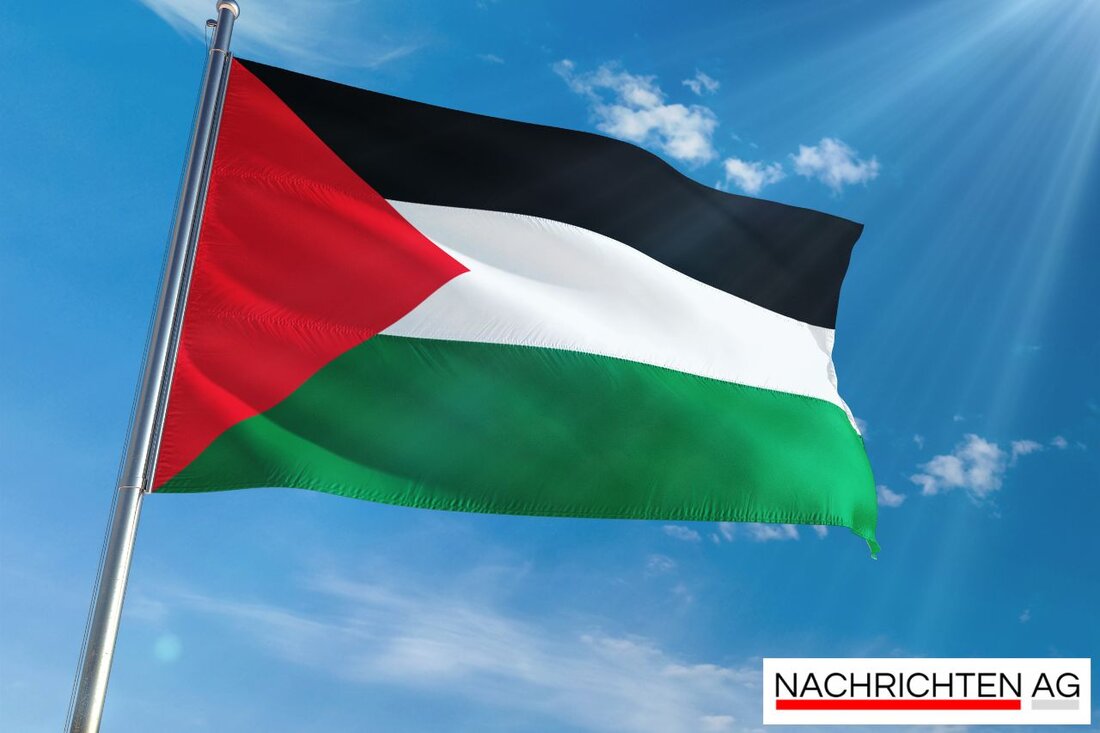Protests in Berlin: Genocide” or legitimate resistance?
On September 13, 2025, protests against Israeli actions in Gaza took place in Berlin, including statements from Daniel Aminati.

Protests in Berlin: Genocide” or legitimate resistance?
The issue of Gaza remains emotionally charged and polarizes society. At a demonstration in Berlin attended by many people, moderator Daniel Aminati spoke clearly about the situation in the Gaza Strip. He described Israel's actions as "genocide" and received loud applause from the gathered demonstrators. During his speech, he recalled the Hamas terrorist attack on October 7 and emphasized that the fate of the kidnapped Israeli hostages is also important. Aminati pointed out that calls for peace in Gaza are often linked to anti-Semitism, which weakens the actual fight against anti-Semitism. This statement once again created enthusiasm in the crowd, who responded empathetically to the issue. However, one incident somewhat stole the show: a blue umbrella in the front row blocked some participants from seeing the stage, which led to loud discontent as part of the crowd demanded that the umbrella be removed. Tagesspiegel reports.
The discourse on anti-Semitism is particularly sensitive in this context. Amnesty International strongly rejects the accusation of anti-Semitism, arguing that the accusation is often used to suppress legitimate criticism of the Israeli government. The association has repeatedly pointed out discriminatory state actions and spoken out against anti-Semitism, racism and other forms of discrimination. Amnesty also emphasizes that criticism of Israel's human rights record is not inherently anti-Semitic and that the accusation of equating Jewish people with the actions of the Israeli state is in fact anti-Semitic. When it comes to the debate about possible acts of genocide against Palestinians, there is often a perpetrator-victim reversal. Amnesty provides important information on this.
The situation in the Gaza Strip
In the context of these heated debates, the discussion about what is happening in the Gaza Strip has become more intense. Two NGOs, B'Tselem and Physicians for Human Rights, publish reports intended to support the accusation of genocide. B’Tselem has been warning about Israeli occupation for years and documenting systematic attacks aimed at destroying an entire group. B’Tselem director Yuli Novak expresses concern about the massive killing and starvation of millions of people, which she says do not constitute legitimate acts of war. Tagesschau provides information about the critical reports from these organizations.
The reports on attacks on medical facilities are particularly alarming: Guy Shalev from Physicians for Human Rights documents attacks on 27 hospitals in the Gaza Strip and reports that over 1,500 doctors were killed. The few facilities still functioning cannot even effectively care for the 140,000 injured, indicating an impending collapse of the health system. Although Israel's army claims that the hospitals attacked are Hamas command centers, Shalev sees no evidence of this, further fueling the debate about the legitimacy of such attacks. International lawyer Kai Ambos recognizes the reports as an attack on the Palestinian population as a group, but criticizes the deficiencies in the evidence in accordance with the Genocide Convention. Novak is therefore calling for immediate action by the international community to put an end to the genocide that may be taking place.
The situation in the Gaza Strip remains critical and opinions are deeply divided about the right steps to take. Whatever the outcome of this discussion, one thing is certain: the topic will continue to concern us and requires an open examination of the complex contexts in the region.

 Suche
Suche
 Mein Konto
Mein Konto